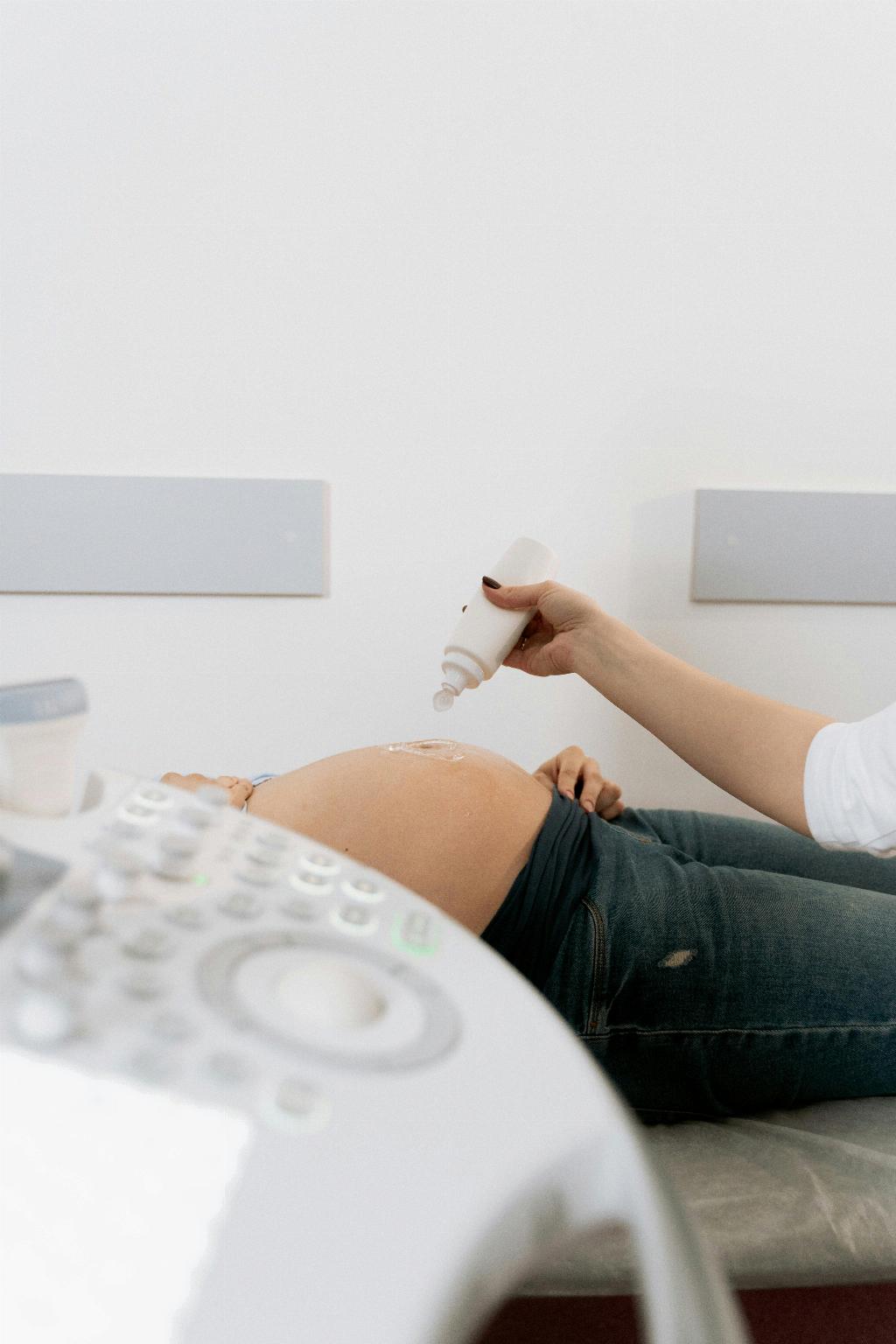When it comes to incorporating hibiscus tea into your daily routine, it is crucial to consider certain factors that may impact your health. While this fragrant and flavorful beverage offers a wide range of health benefits, it may not be suitable for everyone. Here, we delve into the individuals who should exercise caution or refrain from consuming hibiscus tea.
1. Individuals with Diabetes
If you have diabetes, it is vital to monitor your blood sugar levels closely when consuming hibiscus tea. This herbal infusion has been linked to potential blood sugar-lowering effects, which could interact with diabetes medications and lead to fluctuations in glucose levels.
2. Individuals Taking High Blood Pressure Medications
For those on high blood pressure medications, hibiscus tea may pose a concern as it has been reported to lower blood pressure. It is advisable to keep a close eye on your blood pressure readings and consult with your healthcare provider before incorporating hibiscus tea into your diet.
3. Pregnant Women
Pregnant women are often advised to steer clear of hibiscus tea due to its potential effects on pregnancy. The compounds present in hibiscus tea may have emmenagogue properties, which could stimulate menstrual flow and potentially lead to complications during pregnancy.
4. Breastfeeding Women
Similarly, breastfeeding women are recommended to avoid hibiscus tea. While there is limited research on the effects of hibiscus tea on breastfeeding women, it is best to err on the side of caution and opt for alternative herbal beverages.
5. Individuals with Low Blood Pressure
Individuals who already have low blood pressure should exercise caution when consuming hibiscus tea, as it may further reduce blood pressure levels. If you have hypotension, it is advisable to consult with your healthcare provider before incorporating hibiscus tea into your routine.
6. Children
While hibiscus tea is generally considered safe for adults, it may not be suitable for children due to its potential effects on blood pressure and blood sugar levels. It is best to consult with a pediatrician before introducing hibiscus tea to children.
7. Individuals Scheduled for Surgery
If you have an upcoming surgery, it is recommended to avoid hibiscus tea in the days leading up to the procedure. The blood pressure-lowering effects of hibiscus tea could interact with anesthesia and medications used during surgery.
8. Individuals with Allergies
Individuals with known allergies to hibiscus or related plants should exercise caution when consuming hibiscus tea. Allergic reactions to hibiscus can range from mild rashes to severe anaphylaxis, so it is crucial to be aware of any potential allergens.
9. Individuals on Blood-Thinning Medications
If you are taking blood-thinning medications such as anticoagulants or antiplatelet drugs, hibiscus tea may not be suitable for you. The vitamin C content in hibiscus tea can interact with blood thinners and affect blood clotting mechanisms.
10. Individuals with Kidney Disease
Individuals with kidney disease should exercise caution when consuming hibiscus tea, as it may contain compounds that could potentially worsen kidney function. Consulting with a healthcare provider before incorporating hibiscus tea is advisable in such cases.
11. Individuals with Liver Conditions
If you have liver conditions or liver disease, it is essential to consult with a healthcare provider before consuming hibiscus tea. The compounds in hibiscus tea may interact with liver function and could exacerbate existing liver issues.
12. Individuals with Hormone-Sensitive Conditions
For individuals with hormone-sensitive conditions such as certain types of cancer or hormonal imbalances, it is advisable to avoid hibiscus tea. The phytoestrogens present in hibiscus tea may interfere with hormone levels and could impact the progression of such conditions.

